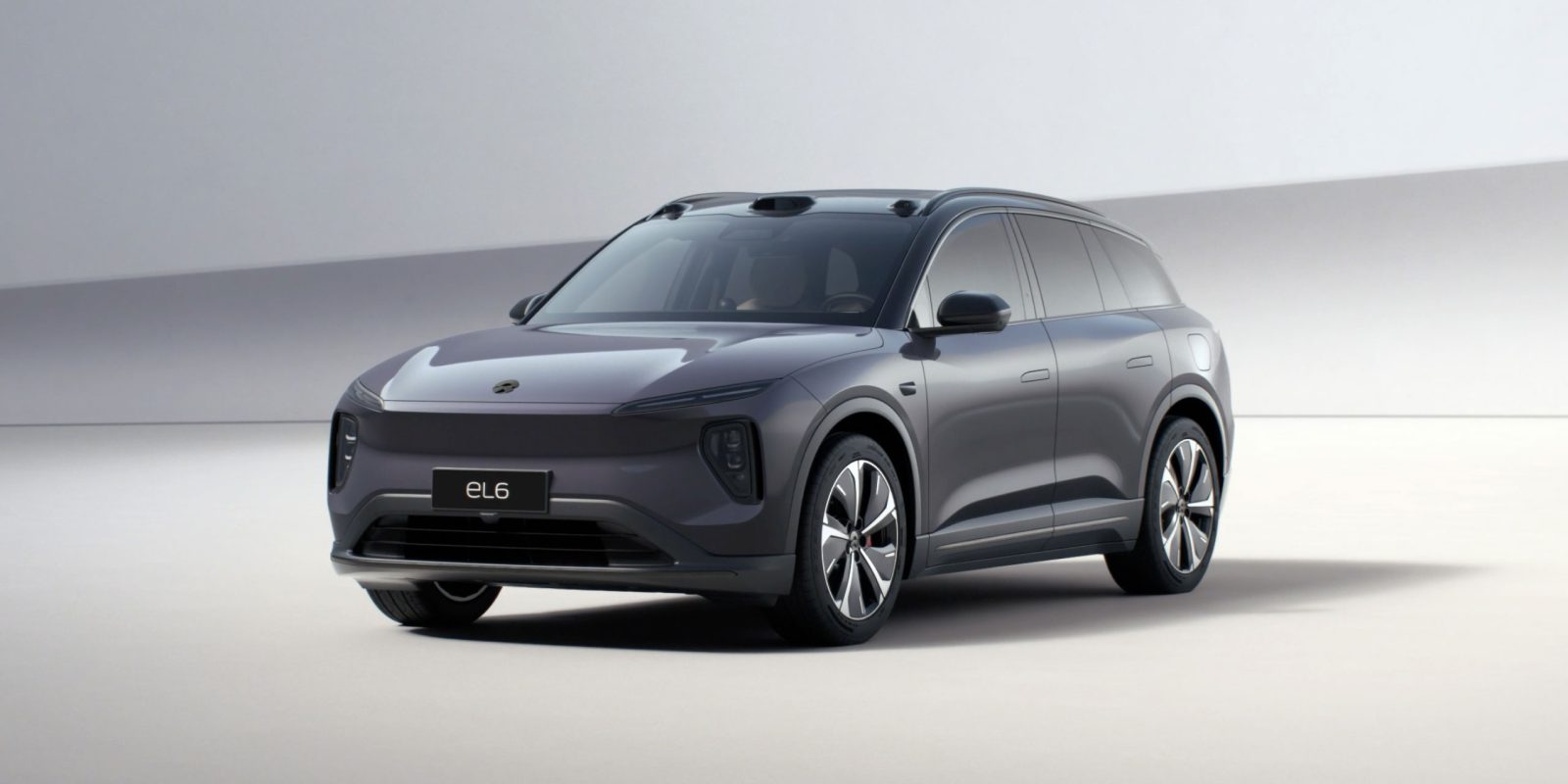
A report from Reuters says that Chinese EV manufacturer Nio is mulling a move to a dealership model in Europe as it fails to meet internal sales goals for its cars. Nio, for its part, sidestepped on the issue when questioned, saying, “We will choose the model that best suits the local market and the brand’s development needs.”
I don’t think it’s controversial to anyone but car dealers when we say car dealers suck. Sure, some luxury dealerships like Lexus and Porsche offer a good customer experience because of the rigid brand standards they are contractually obligated to uphold. But the overwhelming majority of dealers make everything about buying and owning a car… worse.
Nio is no Lexus or Porsche, but it’s an established EV OEM from China trying to break into a market where it has effectively zero brand recognition. It currently operates six Nio House showrooms on the continent where customers can look at and test drive five different models, including the just-launched ET5 sedan. Apparently, people can also, like, hang out at these stores? And there’s a play area for their kids? I’m getting Capital One Café vibes.

Tesla really set the stage for upending the vehicle distribution model with electrification when the Model S launched over a decade ago, and most ground-up EV companies have followed in its footsteps. The challenge to Tesla’s model is twofold. First, attaining the necessary brand awareness such that retail locations are a “perk,” not a purchasing experience requirement for customers. Second, actually having the distribution network to get the cars to customers — something Tesla struggled mightily with when the Model 3 launched (granted, its biggest problem was overwhelming demand).
Dealerships offer a shortcut — with sales staff who can be incentivized to push a particular car to a customer who may not have any intention of shopping a given brand, as well as lot space for vehicles to guarantee that a car can be delivered, often same-day. The problems with dealers are basically endless, though. Staff are rarely as familiar with the vehicles they sell as those at owned, branded stores, and are often working under an umbrella of makes at a given location. This means dealer owners tend to allocate the most resources and best sales staff where they know it will generate a return, whereas brand-operated retailers are singularly focused. This doesn’t even get into the after-sales service issues like exploitatively priced maintenance.
The worst part of dealers, of course, is the price markups. Car dealers in the post-pandemic era have discovered that by maintaining thin inventory and using hardball negotiating tactics, they can often squeeze customers for more than a vehicle is actually worth — whether through actual or imagined scarcity. It benefits no one but the dealer and is deeply destructive to consumer trust in the brand.
When or where Nio will follow through on this intention isn’t yet clear, but it’s undoubtedly a step in the wrong direction.
